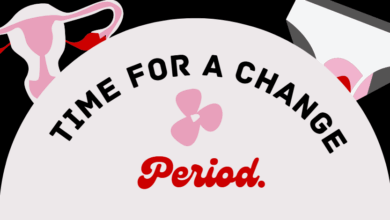Are AP Classes Really Worth Taking?

Three quarters of strenuous work, and it all comes down to one test. Students at BHS are preparing for the exam that could potentially save them thousands of dollars in the near future. Indeed, students are very fortunate to be offered a variety of AP courses throughout the year, but how often do students actually receive college credit?
AP exams are distributed in the spring every year. These exams typically last anywhere from 3-5 hours, and are scored on a five point scale. Most colleges require a minimum score of three to receive credit.
A small percentage of students passed their AP exam last year. However, the passing rate relied heavily on which class you were testing for, AP classes were available for the following classes; U.S. History, Calculus A/B, Calculus B/C, Statistics, Biology, Physics, and Music Theory.
“I realized I had no chance of passing the U.S. history test after the first quarter,” said Junior Jacob Jungwirth chuckling. “I got a two, [out of five] along with most of the class.”
Calculus teacher Carlton Urdahl, having more experience, has had better luck with student success rate in years past. He has adjusted his teaching methods drastically throughout his career to meet the tests criteria, while increasing his class’ passing rate. Last year, 90% of students received a score of three or higher, 65% of them receiving a five.
“I attend Carleton College’s summer program for AP training every other year,” said Urdahl. “It helps me keep up to date with adjustments that are being made to the exams.”
The hype of AP classes is often times misleading, with a heavy workload and a relatively small number of students passing the final college exam. However, there is an alternate route to receiving college credit(s). CIS classes are also offered at BHS, guaranteeing credit for passing the course. It’s important to look into it for yourself before signing up for an AP class–or CIS– for the upcoming school year.





